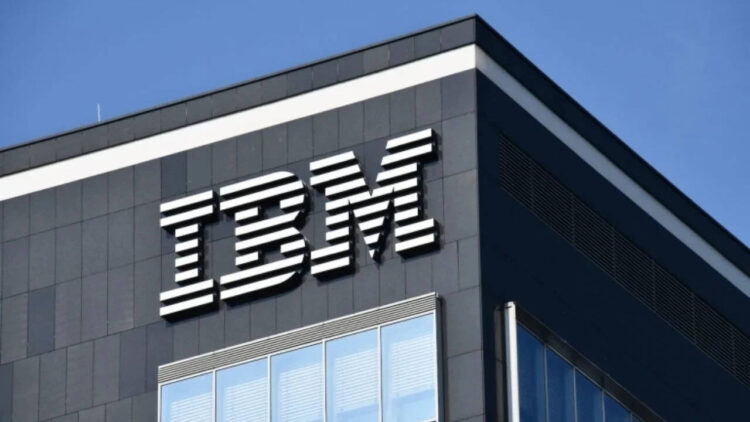New York/New Delhi. The impact of Artificial Intelligence (AI) is increasing rapidly in large companies around the world and now its effect is clearly visible on people’s jobs. Technical sector giant IBM (International Business Machines) has trimmed around 8,000 employees. According to reports, the biggest impact of this pruning has been on the Human Resources (HR) department, where hundreds of posts have been replaced by AI agents. This move of IBM is seen as a strategy to promote automation and AI, through which the company wants to make its internal functioning more efficient and cost-skilled.
AI caused huge destruction in HR department
IBM has recently replaced about 200 posts in its HR department with AI software. The job of these AI agents is to prolong the information, answer the inquiry of the employees and to do internal paperwork. These are all tasks that are repetitive and which do not require a lot of human decisions. Experts believe that AI can play a big role in departments like HR where work is often processed and repeatedly repeated. This trimming of IBM is a clear indication that back office jobs will be the most in danger in future.
CEO had already warned
IBM’s CEO Arvind Krishna had indicated future strategy regarding AI and automation in an interview some time ago. He had said that the company is now simplifying enterprise workflows using AI, so that teams can work more effectively. He also said that the cost is being saved from automation, it is being invested in departments like software development, marketing and sales. That is, the company claims that it is not completely finishing jobs, but is transferring attention to creative and strategic fields.
“All jobs will not end with AI” – IBM Chro
IBM Chief Human Resource Officer (Chro) Nikki La Moriox says AI will not completely eliminate all jobs. “There are very few roles that will be completely replaced by AI,” he clarified. Rather AI will be used to handle the repetitive parts of the work, which will give employees a chance to focus on decisions and creativity related tasks. He says that humans and AI will work together in the future working style, in which the contribution of man will remain as strategy, decision and creative thinking.
IBM is also selling AI in the market
It is interesting that on the one hand IBM is trimming its own employees, on the other hand it is also doing aggressive marketing to sell its AI tools to other companies of the world. Recently IBM has launched new AI tools in its annual Think Conference, with the help of which other companies can also make and run their own AI agents. These tools are specially designed to work with large platforms such as Openai, Amazon and Microsoft.
Not only IBM, other companies also on this path
IBM is not the only company that is cutting jobs due to AI. Duolingo, which is a major language-education platform, also recently announced that human contractor would be replaced by AI. Duolingo’s CEO Luis von Ahan said, “We will gradually stop using human employees that AI can work.” Similarly, Shopify’s CEO Tobias Lutke also issued an internal memorandum saying that if a team wants to recruit a human employee, first they have to prove why AI cannot work. He wrote, “In future, teams will have to think whether AI agent can be a part of that team and can work.”
Which jobs are safe in the era of AI?
The biggest question amidst the increasing use of AI is which jobs will be safe? According to IBM, the work that demand human understanding, sympathy, strategy and creativity, such as:
software development
Marketing and branding
Sales and customer engagement
Innovation and research work
Leadership and management
The role of AI in these areas will be full of Assistant. But roles like data processing, reporting, documentation, and customer query handling are gradually being handed over to AI.
Future and challenge of job
This news of IBM trimmed is not just a sign of a company policy, but it is a sign of change in global work-culture. With the arrival of AI, the nature of the work is changing – now not just the ability to work, but the demand for ability to solve problems is increasing. It is true that AI is getting jobs cut, but at the same time it is also true that AI is also creating new roles and opportunities. Now it depends on every person and institution how he adopts this change.










